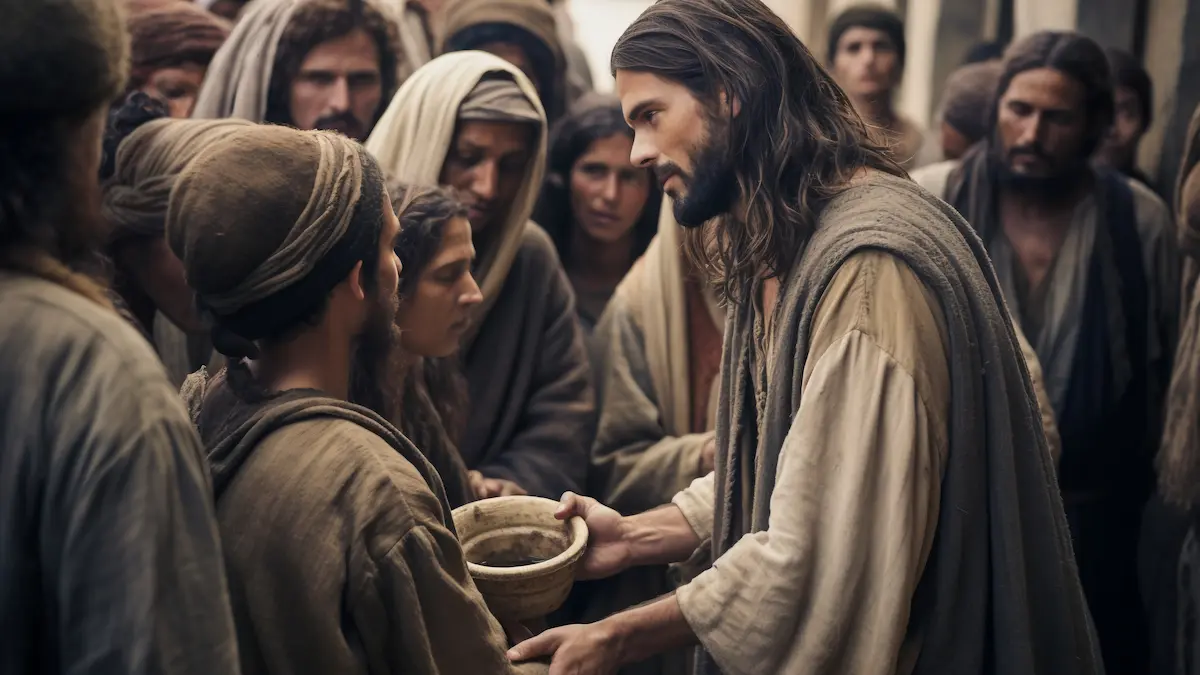Discover biblical teachings on fasting, why it matters for believers, and how it draws you closer to God.
Introduction
Fasting is a spiritual practice that has been part of the Christian faith since the earliest days. Yet, many believers wonder: “What does the Bible really say about fasting, and why should I do it today?”
If you’ve ever skipped a meal or decided to fast during a spiritual season, you may have felt unsure whether you were doing it “right.” This guide will help you understand fasting from a biblical perspective and show you how it can transform your relationship with God.
What the Bible Teaches About Fasting
Fasting is not just about abstaining from food, it’s about humbling yourself before God and seeking His guidance.
- Matthew 6:16–18 says:
“When you fast, do not look somber as the hypocrites do… But when you fast, anoint your head and wash your face, so that it will not be obvious to others that you are fasting, but only to your Father, who is unseen; and your Father, who sees what is done in secret, will reward you.”
This passage reminds us that fasting is a private devotion, not a public display. It’s between you and God, designed to grow your intimacy with Him.
- Isaiah 58:6–7 emphasizes that fasting is also about justice and compassion:
“Is not this the kind of fasting I have chosen: to loose the chains of injustice… to set the oppressed free?”
Fasting is meant to align your heart with God’s purposes, combining prayer, self-discipline, and acts of mercy.
Purpose of Biblical Fasting
The Bible shows several purposes for fasting, including:
- Drawing Closer to God – Fasting helps you remove distractions and focus on prayer and worship.
- Spiritual Renewal – It’s a way to humble yourself, seek forgiveness, and reset your spiritual life.
- Clarity and Guidance – Many believers fast when facing major decisions or spiritual challenges.
Fasting isn’t about earning God’s favor, it’s about preparing your heart to hear Him more clearly.
Common Misconceptions About Fasting
Many people misunderstand fasting. Here are a few truths to keep in mind:
- It’s not punishment or self-harm. Fasting should never harm your body; it’s a spiritual discipline, not a diet fad.
- It’s not about impressing others. God looks at your heart, not your Instagram story.
- It’s not only food. Some fast from media, social media, or other distractions to focus on God.
Fasting is about connection with God, not deprivation for its own sake.
Practical Tips for Beginners

If you’re new to fasting, start simple:
- Start small – Skip a meal or do a partial fast (like the Daniel fast).
- Pair fasting with prayer and Scripture reading – Use the time to talk to God and reflect on His Word.
- Prepare mentally and spiritually – Ask God for strength and guidance before you begin.
- Be flexible – Listen to your body and your spirit; fasting should be life-giving, not punishing.
Remember, even a short fast done in sincerity can bring spiritual growth.
Conclusion & Call-to-Action
Fasting is a powerful way to deepen your relationship with God, gain clarity, and humble your heart. It’s not about the food you skip, it’s about the God you seek.
Your next step: Try a one-day fast this week, focusing on prayer and Scripture. And don’t forget to share your experience in the comments below, your story could inspire someone else to take their first step in fasting!





